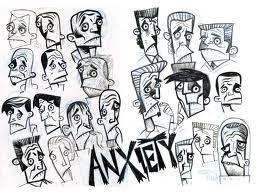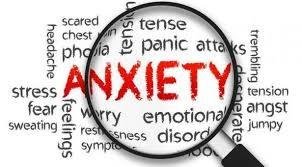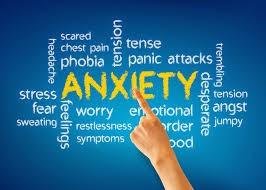
Anxiety is an unfounded fear. A person suffering from anxiety, living in a painful state, awaits an unknown and unseen danger. Anxiety affects the effectiveness of the life we live. We base our attention on past events and experiences - whether that happens to us or to others - and use that knowledge accumulation to worry about the future. Our fertile imagination is our faithful friend. The imagination makes us imagine events that are impossible even though we keep looking at them in the fatigue of signs that prove we deserve to be anxious.
Anxiety arouses feelings of sadness or fear as soon as you leave the area or someone you feel safe and find yourself in an open space or public place. This is common for all anxiety sufferers. Women tend to experience it twice as much as men, although most men who suffer from anxiety hide it by drinking. Anxiety can lead to panic.

The situation above can bring the following consequences:
Physical reactions such as heart palpitations, dizziness, muscle tension or weakness, excessive sweating, difficulty breathing, nausea, wanting to faint, etc. Cognitive reactions such as strange feelings, fear of being out of control, becoming mad, shy in public, fear of death, Behavioral reactions such as: run away from anxious situations and places that look very far from someone or a place that looks "safe".
The source of anxiety can come from childhood experiences. The death of someone who is very close to the patient can also greatly affect.
Once you feel anxiety growing inside you, be aware that your imagination is preventing you from enjoying life today. Make a decision that nothing needs to be proven. You are who you are, with all your mistakes and powers, just as well as everyone else. Learn to believe in your intuition and know that he will guide you faithfully if you want him to lead you into unfamiliar territory.

Sort: Trending